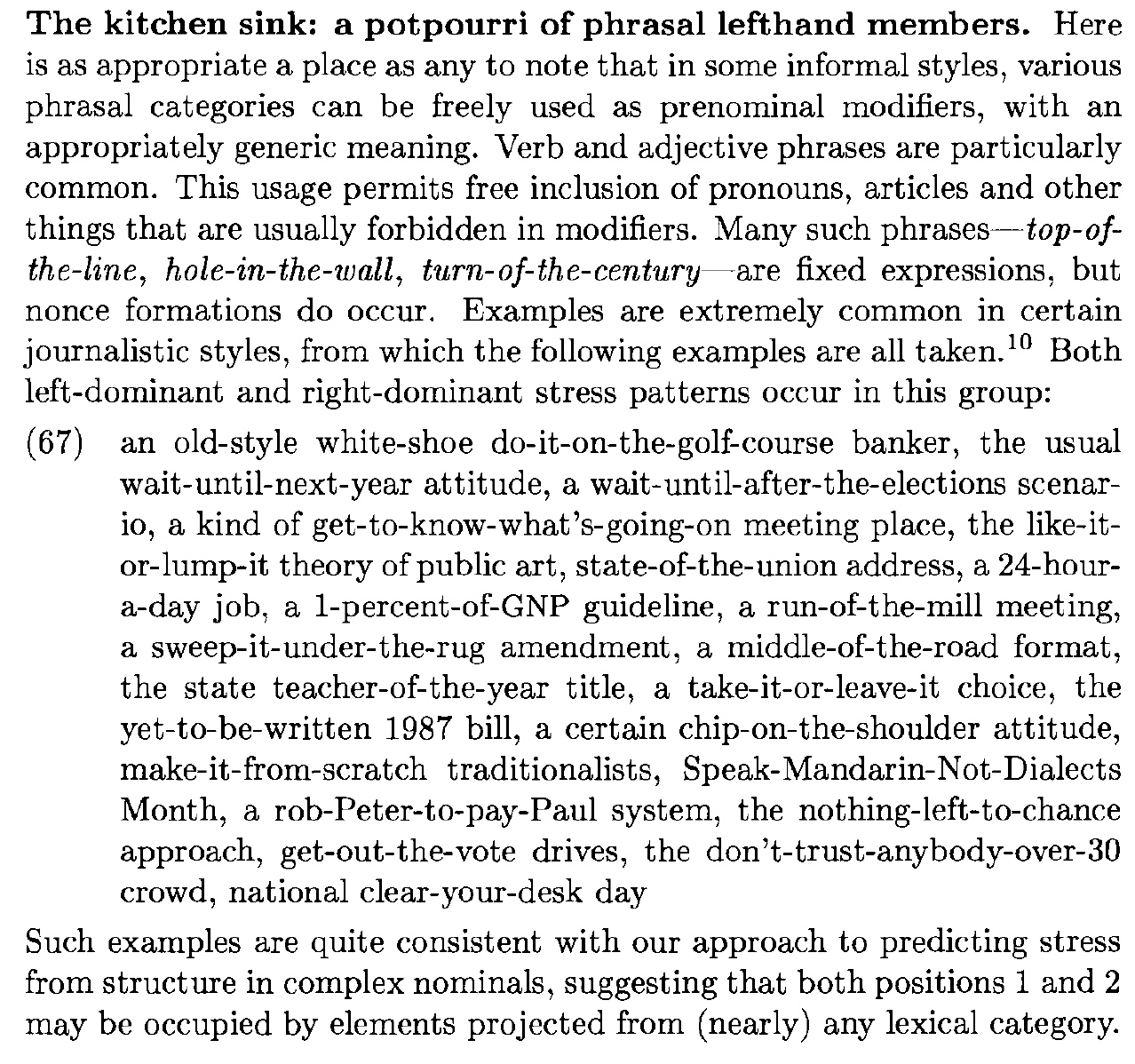"Red, White, and Blueland"
« previous post | next post »
Last Monday, Rep. Earl L. "Buddy" Carter introduced H.R.1161 – "Red, White, and Blueland Act of 2025", according to which (Sec. 2)
The President is authorized to enter into negotiations with the Government of Denmark to purchase or otherwise acquire Greenland.
and (Sec. 3)
(a) Renaming.—Greenland shall be known as “Red, White, and Blueland”.
(b) References.—Any reference in a law, map, regulation, document, paper, or other record of the United States to Greenland shall be deemed to be a reference to “Red, White, and Blueland”.
The bill's current entry on govtrack.us lists its status as
This bill is in the first stage of the legislative process. It was introduced into Congress on February 10, 2025. It will typically be considered by committee next before it is possibly sent on to the House or Senate as a whole.
…and estimates its prognosis for final passage as 4%.
The proposed name connects with a couple of interesting aspects of English morphology. First, there's the use of a phrasal prenominal modifier — "Red, White, and Blue" instead of "Green". This is entirely normal, as discussed on p. 156 of "The Stress and Structure of Modified Noun Phrases in English":
But second, there's the fact that -land is written solid with Blue (as with Green). In the case of Greenland, land is not really a (fully) separate noun, as indicated by the fact that its vowel is (at least optionally) reduced to [ə] rather than being fully pronounced as [æ]. The same thing is true of -land in Newfoundland, again at least optionally.
But even though land is also written solid with the preceding item in Neverland, it's not reduced in that case, as the audio given by Wiktionary testifies. I'm guessing that Rep. Carter intends the -land part of "Red, White, and Blueland" to be unreduced as well, and that others will follow, though only time will tell.
[See also "Måke Califørnia Great Ægain"…]

Brett said,
February 13, 2025 @ 11:26 am
The final vowel in Greenland doesn't have to be reduced.
Seonachan said,
February 13, 2025 @ 12:01 pm
"The same thing is true of -land in Newfoundland" – not as spoken by Newfoundlanders or other Atlantic Canadians, at least; they reduce the vowel in "found" but accentuate the final syllable.
charles antaki said,
February 13, 2025 @ 3:07 pm
Also unreduced in critics' talk of Greeneland, the landscape of values and attitudes found in the novels of Graham Greene.
Mark Liberman said,
February 13, 2025 @ 3:25 pm
@Brett, @Seonachan:
Looking forward to future insights into the sociolinguistics of -land reduction.
KeithB said,
February 13, 2025 @ 4:17 pm
Charles Antaki:
For a minute I thought you were talking about Marjorie Taylor Greene.
Mike Maxwell said,
February 13, 2025 @ 10:22 pm
When I first read this post, I thought surely it had to be Mark's idea of a joke. But it's real–the link actually takes you to a real bill at the real congress.gov website. I suppose the congressman might be making a joke, but somehow I think he's sincere. It's even on the congressman's website.
And I had to look it up, but this Rep. Carter is no relation to the late President Jimmy Carter.
James Kabala said,
February 13, 2025 @ 11:38 pm
Charles Ataki: A Tripod site! Vintage.
Hans Adler said,
February 14, 2025 @ 5:05 am
I hate this absurd and misleading way of spelling complex compound words almost as much as I hate the absurd politics of the bill. We have the same nonsense in German. Although Duden has long been quite clear that in street names where a person is referred to by several words, these words are connected by hyphens and the word "Straße" is likewise attached by a hyphen rather than merged with the last word, in most German cities you are left scratching your head about who was "Johann Wolfgang von Goethestraße" and why his name appears on a s sign that _looks_ like a street sign.
Yves Rehbein said,
February 14, 2025 @ 12:57 pm
@ Hans Adler, that is crazy but not as crazy as calling it hyphin, spelled hyphen and written as a high-score rather than an underscore, from hypo-, hyph- "under".
Maybe it was understood as *webʰ-: ὑφαίνω, ὑφή, weave matches Binde-Strich. ‹η› (eta) is one of many ways to spell i in Greek. Everything checks out.
To disambiguate this appropriately, you could go back to the Old English spelling of lænd. I am just not sure which pronounciation this would point to: Old Norse lendr?
Anthony said,
February 14, 2025 @ 10:54 pm
As an aside, the United States isn't the only country whose flag is red, white, and blue. Let's hear it for French former Greenland!
Philip Taylor said,
February 15, 2025 @ 3:54 am
Mais non, Anthony — the French tricouleur (more correctly tricolore) is blue, white and red !
On the other hand, the British Union Jack (more correctly "Union Flag") is normally said to be red, white and blue.